Toolkit: How to Track Political Contributions
Teachers unions and other public sector unions give hundreds of millions of dollars to California politicians. Union-bankrolled candidates regularly win seats on school boards and city councils and in the state legislature. Knowing how to track political donations will help you understand where candidates are receiving financial support.
The first step to tracking donations is to identify who the politicians are in any given arena.
County-wide offices (school boards, boards of supervisors, etc.) work through their county registrar or clerk. City council elections are generally subject to the city’s clerk or registrar of voters.
State officials report their campaign disclosures to the Secretary of State and the California Fair Political Practices Commission (FPPC).
National politicians are subject to the oversight of the Federal Elections Commission.
How to locate contributions:
All campaign filings are public records and can be located online. Try an internet search for your county (for a local, county or district election) or the Secretary of State (for a statewide election) with the keywords “campaign finance disclosure.” It may be easier to find a campaign disclosure portal through an internet search instead of going through the county registrar of voters or Secretary of State’s websites. Below you will find shortcuts to some of these portals.
After finding a candidate in a campaign disclosure portal, locate FPPC Forms 460 or 497 (you will probably see the acronym FPPC before the form number). Both forms record contributions and expenditures. The difference between them is the time they are filed. Form 497 measures individual donations within 24 hours of their receipt, as long as they exceed a specific amount. Form 460s are statements summarizing all campaign contributions and expenditures over a given period of time. Be careful not to double count donations.
When interpreting Forms 460 and/or 497, you’ll see Contributor Codes. This is a tool to identify what kind of entity made the campaign contribution. The codes are as follows:
IND - contributions from any individual's personal funds.
COM - contributions from other committees that receive contributions. These committees will have an identification number assigned by the Secretary of State. Examples include political action committees or other candidates’ committees. (State committees should use PTY or SCC when appropriate.)
OTH - business entities and other contributors.
PTY - contributions from political parties (including state and county central committees).
SCC - contributions from small contributor committees (applicable only to state candidates and committees).
Here are a few useful links:
California Secretary of State Cal-Access Tool: Campaign Finance This is a good tool for researching candidates in statewide elections and for the California legislature. On Cal-Access, click “Candidates and Elected Officials” to get started.
LA County Registrar/Recorder-County Clerk Campaign Finance Reports Search
San Diego County CampaignDocs eRetrieval (You’ll need to use the menu on the left to locate the election/candidate.)
Riverside County Registrar of Voters Portal for Campaign Finance Disclosures
Contra Costa County Clerk-Registrar-Recorder Portal for Campaign Finance Disclosures
Orange County Registrar of Voters Public Portal for Campaign Finance Disclosure
Kern County Elections Division Public Portal for Campaign Finance Disclosure
